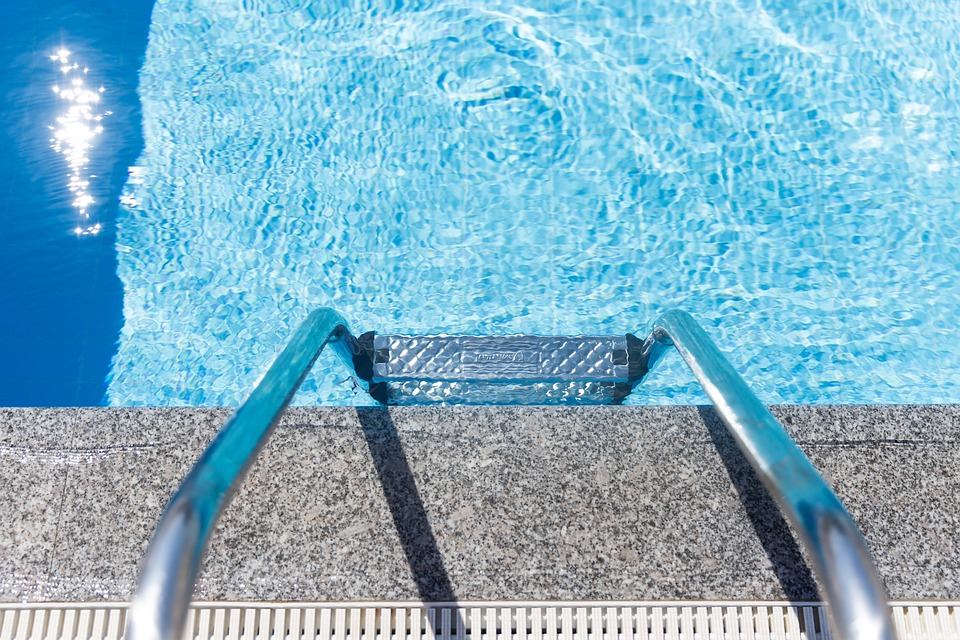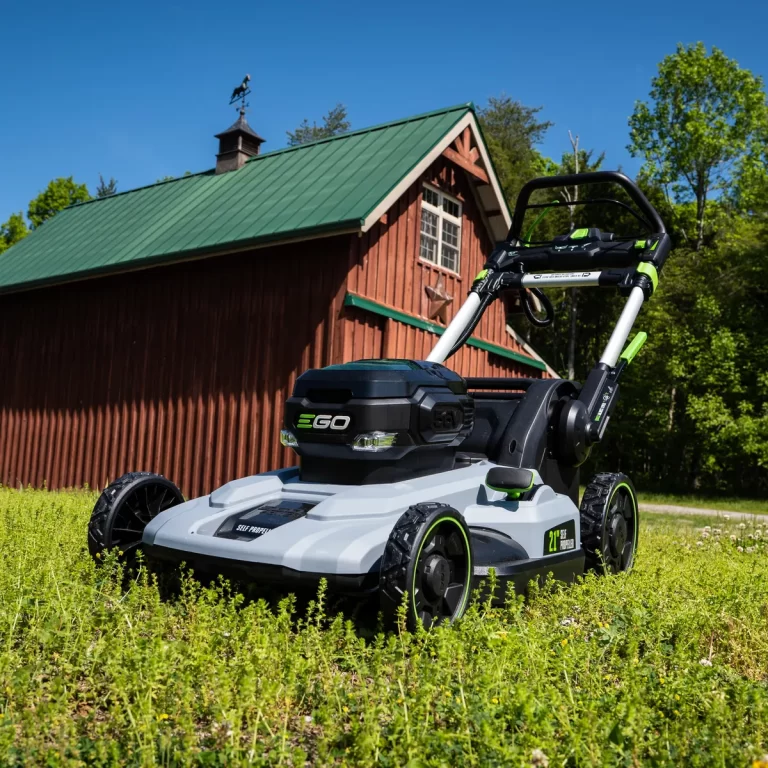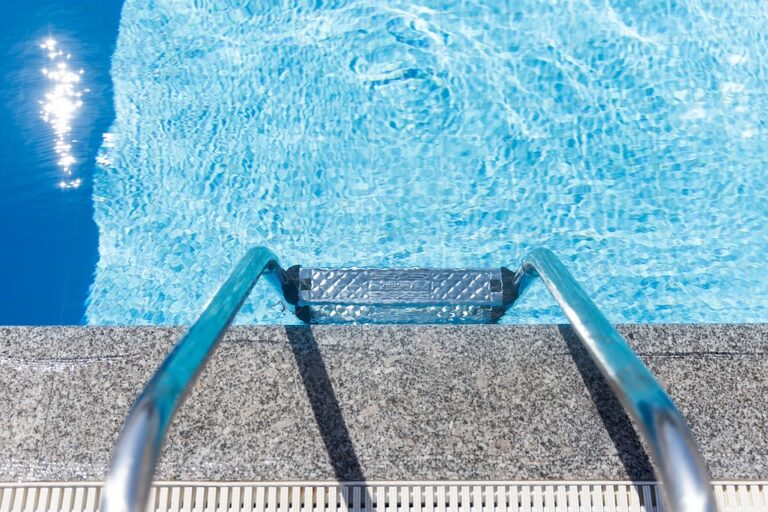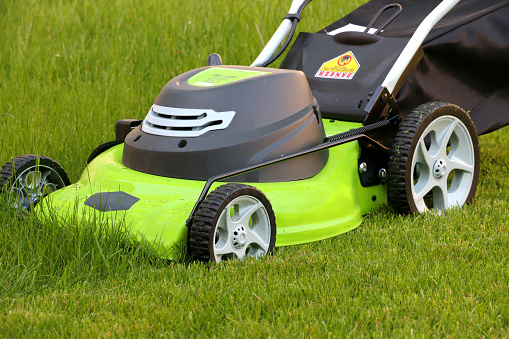The Ultimate Guide to Caring for Different Types of Swimming Pools
Introduction
Owning a swimming pool is a luxurious addition to any home, providing a refreshing oasis for relaxation and exercise. However, with great pleasure comes great responsibility. Proper care and maintenance of your swimming pool are essential to ensure its longevity, cleanliness, and safety. Depending on the type of pool you have, be it an in-ground, above-ground, or natural pool, there are specific steps you need to take to keep it in top condition. In this comprehensive guide, we’ll delve into the various types of swimming pools and provide expert advice on how to care for each type effectively.
In-Ground Pools
In-ground pools are a popular choice due to their versatility, aesthetic appeal, and potential for customization. Proper care is crucial to keep these pools looking pristine and functioning optimally.
1. Regular Cleaning
Regular cleaning is the cornerstone of in-ground pool maintenance. Skim the surface to remove leaves, debris, and insects daily. Use a pool vacuum or automatic pool cleaner to clean the pool floor and walls weekly, preventing the buildup of algae and grime.
2. Water Balance
Maintaining proper water chemistry is essential for swimmer comfort and the prevention of damage to pool equipment. Test the water regularly for pH, chlorine levels, alkalinity, and calcium hardness. Adjust these parameters as needed to ensure a safe and comfortable swimming environment.
3. Filtration System
The pool’s filtration system plays a vital role in keeping the water clean and clear. Clean or backwash the filter regularly to prevent clogs and ensure optimal filtration efficiency.
4. Brushing and Skimming
Brush the pool walls and floor regularly to prevent algae growth and sediment buildup. Skim the water surface to remove floating debris, which can affect water clarity.
5. Professional Maintenance
Schedule regular maintenance with a professional pool service to inspect and service equipment such as pumps, heaters, and filters. Professionals can catch potential issues early and provide expert solutions.
Above-Ground Pools
Above-ground pools are a cost-effective alternative to in-ground pools, offering flexibility and ease of installation. Proper care is essential to prevent liner damage and to keep the pool water inviting.
1. Liner Care
The vinyl liner of an above-ground pool is vulnerable to damage from sharp objects and harsh chemicals. Use a soft pool brush to clean the liner, and avoid using abrasive cleaning tools. Additionally, maintain proper water chemistry to prevent the liner from deteriorating.
2. Regular Maintenance
Similar to in-ground pools, above-ground pools require regular maintenance. Skim the surface, clean the pool floor, and maintain water chemistry to ensure a comfortable swimming experience.
3. Winterization
If you live in a region with cold winters, proper winterization is essential to prevent damage caused by freezing water. Drain the pool to the appropriate level, remove the pump and filter, and store them indoors. Cover the pool with a winter cover to protect it from debris and harsh weather.
4. Structural Integrity
Inspect the pool’s structural components, such as the frame and supports, for any signs of wear or rust. Address any issues promptly to prevent further damage.
Natural Pools
Natural pools, also known as eco-friendly or bio pools, offer a harmonious blend of swimming and aquatic plant life. These pools require a different approach to maintenance due to their unique design.
1. Plant Care
The plants in a natural pool contribute to its ecosystem and water purification. Regularly trim and remove dead plant matter to prevent nutrient buildup and maintain water quality.
2. Skimming and Surface Cleaning
Use a pool skimmer to remove leaves and debris from the water’s surface. This prevents excessive organic material from accumulating in the pool.
3. Water Balance
While natural pools have a different aesthetic than traditional pools, water chemistry remains crucial. Monitor pH levels, bacteria, and nutrient concentrations to ensure a healthy environment for both swimmers and plants.
4. Algae Control
Algae growth can be an issue in natural pools as well. Introduce algae-eating fish or use appropriate treatments to prevent excessive algae growth while maintaining the natural balance of the ecosystem.
5. Professional Guidance
Designing and maintaining a natural pool can be complex. Consider seeking guidance from experts who specialize in natural pool construction and maintenance.
Conclusion
Caring for your swimming pool, regardless of its type, is a commitment that pays off in the form of a sparkling, inviting oasis. Regular cleaning, proper water chemistry, and attentive maintenance are essential components of pool care. Whether you have an in-ground, above-ground, or natural pool, following the guidelines outlined in this guide will help you enjoy your pool to the fullest while ensuring its longevity and safety. Remember, a well-maintained pool is a source of endless enjoyment for you, your family, and your friends.



